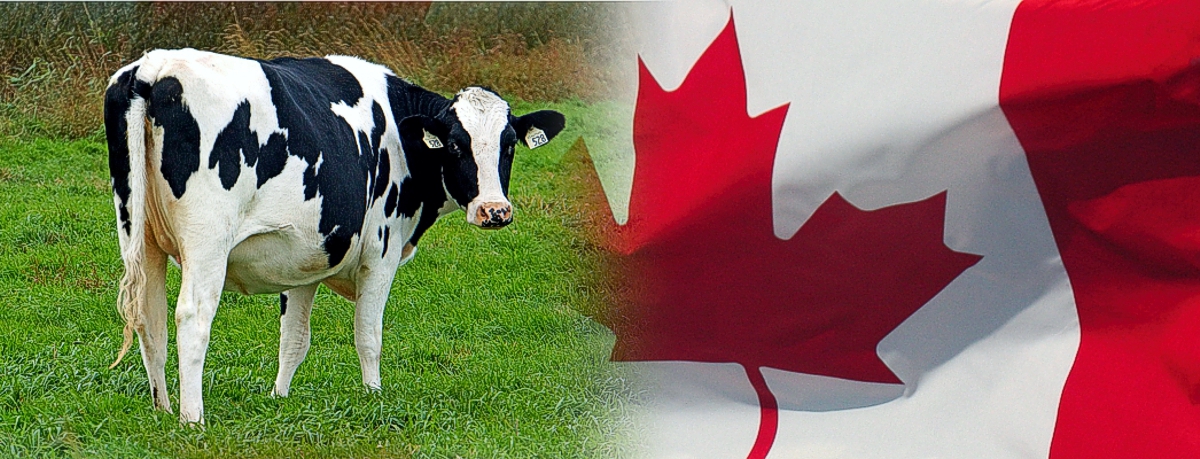By Peter Ungphakorn
POSTED APRIL 26, 2022 | UPDATED APRIL 26, 2022
Countries should avoid reacting hastily to the food security challenge posed by the war in Ukraine and avoid worsening the crisis, experts warned in a World Trade Organization (WTO) seminar today (April 26, 2022).
Presenting a grim picture for many countries, several speakers urged governments to keep trade flowing, not to take short term measures that could increase volatility and not to turn inward.
That was among several messages heard in the seminar, with a number of implications for WTO members and their efforts to modernise the rules of international agricultural trade.
Below are five takeaways from the seminar. The morning sessions were on the record. Some of the speakers are identified here. The afternoon sessions were under the Chatham House Rule and speakers are not identified.
Continue reading “Five takeaways from the WTO seminar on food security”






